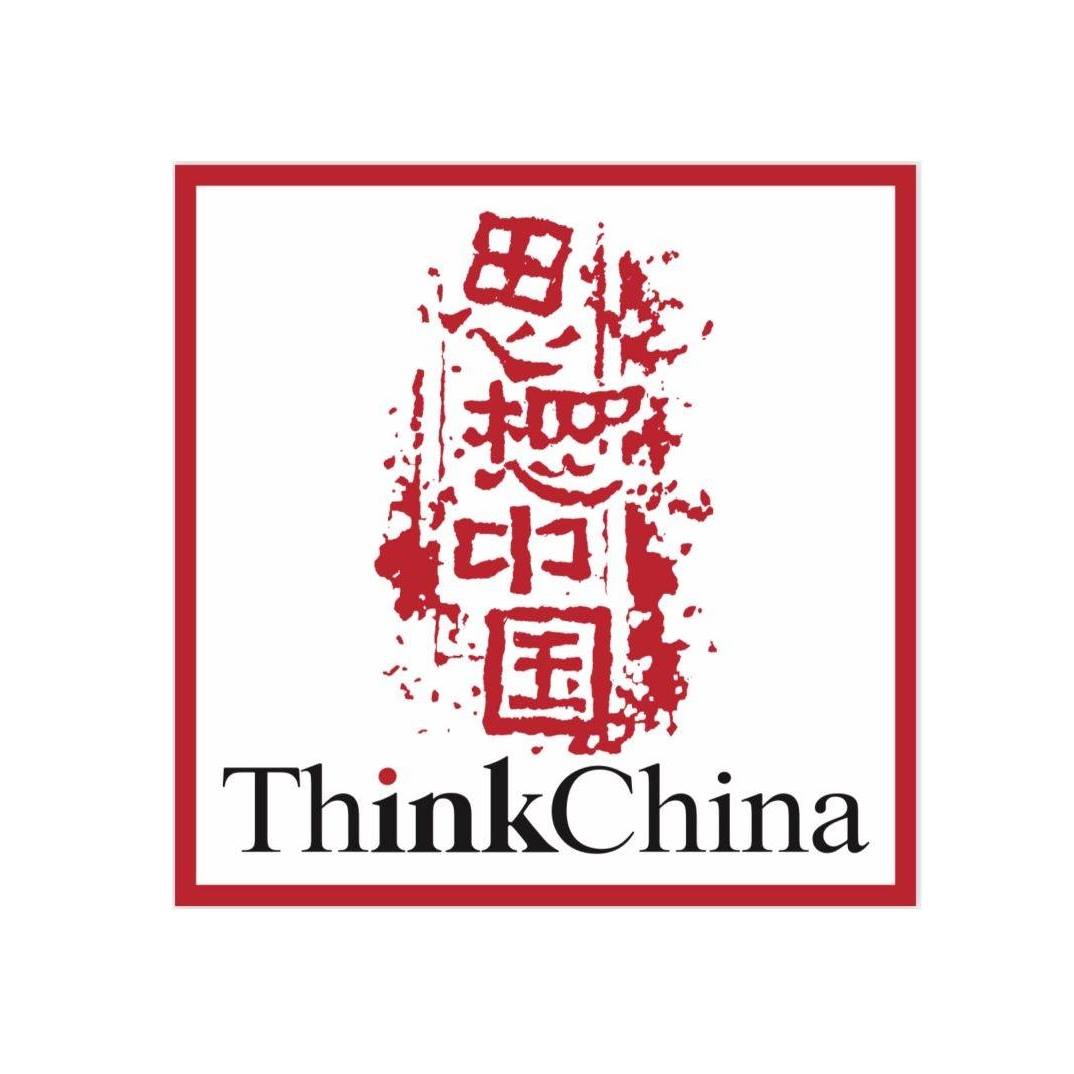EU's China policy staying on track despite intensifying debate

While French President Emmanuel Macron’s state visit to China is viewed by some to be an exercise in stirring the pot, this does not mean that the European boat has veered off course. The EU is used to robust debate among and within member states, and can take this as another opportunity to affirm their stance on China.

French President Emmanuel Macron’s state visit to China from 5-7 April made international headlines in the media for weeks, and not for the best reasons. Criticism flew in response to the tone of the visit and the “positive agenda” Macron put forward, especially in relation to the comments he made to journalists as he flew back to Paris.
One comment specifically about the tensions in the Taiwan Strait triggered outcries from Europe to Asia, not to mention the US. The president said that he should not adapt to “the American tempo and Chinese overreaction”, suggesting that the US was responsible for escalating cross-strait tensions.
Framing the issues
This comment was indeed unfortunate as it contradicts facts. The situation is rather the exact opposite: Beijing has been exacerbating tensions in the Taiwan Strait over the past three years, conducting military drills in the air and at sea on a daily basis, exerting growing political and economic pressure on Taiwan, and running sustained disinformation campaigns.
Against this backdrop, the US has stepped up its political and military support to Taiwan in order to keep its “strategic ambiguity” policy afloat and reinforce deterrence toward Beijing.
But one should make no mistake: China is imposing the tempo in the Taiwan strait.
There are some concerns in Europe that the American public debate on China may grow out of hand, especially with the presidential elections next year, which may put China on centre stage for electoral rather than cool-headed strategic reasons. But one should make no mistake: China is imposing the tempo in the Taiwan Strait.
The second negative outcome of Emmanuel Macron’s visit and comments is on European unity. By inviting European Commission President Ursula von der Leyen to accompany him to China, he wanted to showcase the European Union’s unity (with him as a leader of this unity). This was a welcome move, and very consistent with what he has been pushing since his first term: France’s bilateral relationship with China cannot be disconnected from the EU’s. However, there are some obvious divergences between Macron and von der Leyen that were difficult to hide.
Macron’s “positive” and business-oriented agenda seemed to contradict von der Leyen’s rather tough approach to China, which she detailed in a strong and clear-headed speech on 30 March, just before the visit. In addition, onboard his A330 aircraft, Macron stated that they had already won “the ideological battle on strategic autonomy” for Europe. Because there is in fact strong controversy around the “strategic autonomy” concept, it backfired in several European capitals. No matter how good the intention was to promote unity, the outcome proved counterproductive.
The answer is that Macron did rock the boat, but this hasn’t changed anything to the broader trend of the EU’s China policy for the last five years or more...
The boat was rocked but kept its course
What should we make of this visit: a change in France’s policy toward the Indo-Pacific and a new fracture within the EU? Hardly. The answer is that Macron did rock the boat, but this hasn’t changed anything to the broader trend of the EU’s China policy for the last five years or more: a widening consensus for a more demanding and less naive approach to China. This is something that all EU member states agree on.
Despite a different kind of approach, Macron fully agrees with von der Leyen on the necessity of a “de-risking” strategy toward China, a term that has already become the new buzzword of the EU’s China policy. De-risking is indeed vital for the concept of strategic autonomy that Macron holds dear.
In 2018, President Macron was the architect of France’s Indo-Pacific strategy, which is becoming more concrete every day. This Indo-Pacific agenda was then endorsed by Germany and the Netherlands in 2020, as well as by the EU in 2021, and lastly by the Czech Republic in 2022.
France is Europe’s most committed player in this region, including when it comes to security matters, regardless of Macron’s unfortunate comments that may have indicated otherwise. France demonstrated once again its commitment to regional security with the frigate Prairial sailing through the Taiwan strait as the PLA was conducting drills in retaliation to the meeting between Tsai Ing-wen and Kevin McCarthy in California on 5 April.
It is noteworthy that the French president eventually clarified his position on Taiwan during a press conference a few days later in The Hague, stating that France defends the status quo in the strait and promotes the peaceful settlement of disputes.
... it is not just a debate that will position member states against each other, but will also be a domestic debate in many countries on what is the best strategy to adopt vis-à-vis China and how to prevent tensions in the Taiwan Strait.
A vivid democratic debate
Somehow against his will, Emmanuel Macron triggered a necessary debate in Europe about Taiwan, while some other European countries refuse to address the issue at all. This is especially important at a time when tensions in the strait are increasing and its importance for European supply chains has never been so vital.
As always in EU politics, this debate is sure to be lively and will build on harsh but constructive disagreements. It is even more interesting and complex because it is not just a debate that will position member states against each other, but will also be a domestic debate in many countries on what is the best strategy to adopt vis-à-vis China and how to prevent tensions in the Taiwan Strait.
This debate is especially strong, for instance, in Germany, where the Minister of Foreign Affairs Annalena Baerbock maintains a very different line from Chancellor Olaf Scholz. The outspokenness of the former during her visit to Beijing in April contrasted markedly with the latter’s visit in November 2022, right after the Chinese Communist Party’s 20th Party Congress.
In France, the controversy is vivid as Emmanuel Macron’s visit triggered a wave of domestic criticism and put the administration in an uncomfortable position. Among European institutions as well, the debate is ongoing between von der Leyen’s Commission, which promotes a tougher stance on China, and European Council President Charles Michel, who supports a more open approach.
Think tanks and academia have indeed notable inputs to bring to the discussion both at the European and domestic levels. Foreign countries and think tanks are also welcome to step in and provide Europeans with external perspectives as well as their expectations of the role Europe can play in the Indo-Pacific region.
> Read the full article on Think China's website

Available in:
Regions and themes
Share
Related centers and programs
Discover our other research centers and programsFind out more
Discover all our analyses
Opening up the G7 to South Korea to Address Contemporary Global Challenges
The G7’s global influence has diminished as powers like China reshape international governance through initiatives such as BRICS and the Shanghai Cooperation Organisation (SCO). With the G7 now representing just 10 per cent of the world’s population and 28 per cent of global GDP, its relevance is increasingly questioned.
Expanding SPDMM as a pivotal institution in the Pacific – A French perspective
The South Pacific Defence Ministers’ Meeting (SPDMM) is the only forum that brings together defense ministers from the wider South Pacific — including Chile, which is hosting it for the first time. This heterogeneous group of countries with varying resources, capacities, and interests — Australia, Chile, Fiji, France, New Zealand, Papua New Guinea (PNG), and Tonga — are united by their shared determination to strengthen cooperation on maritime security and humanitarian assistance and disaster relief (HADR) activities.
EU’s Derisking From China: A Daunting Task
With economic security as a major concern, the EU has recently turned to “derisking” from China. The EU strategy entails reducing critical dependencies and vulnerabilities, including in EU supply chains, and diversifying where necessary, while recognizing the importance and need to maintain open channels of communication.
Sri Lanka’s NPP Government. From System Change to Structural Compliance
In September 2024, a relative outsider to Sri Lanka’s two-party-dominated political system, Anura Kumara Dissanayake, won the presidential elections. The anti-establishment, populist movement he represented, the National People’s Power (NPP), went on to receive an overwhelming mandate in the November 2024 general elections, winning 159 seats in a 225-member parliament.











